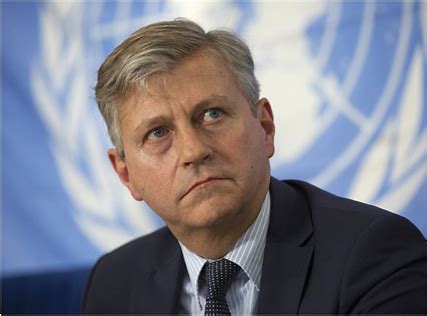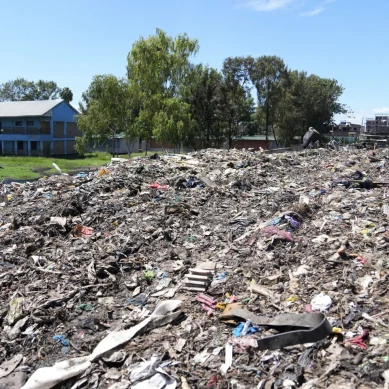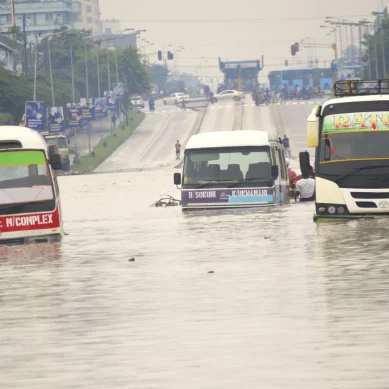
United Nations (UN) peacekeeping missions in sub-Saharan Africa operate under more challenging political and security conditions due to multiple crises and what Head of UN Peacekeeping, Jean-Pierre Lacroix, calls a “climate of division” among member states, particularly in the Security Council (SC).
In a broad-ranging interview with UN News, he elaborated, saying the five UN African missions found themselves in “challenging” political and security situations.
“Sometimes there are difficulties with the host government; there are frustrations because expectations, particularly when it comes to the protection of civilians mandate, are high. And we cannot always meet these expectations because of the situation on the ground and because of the resources we are given,” he told UN News, adding tensions at global level, in reference to the ongoing Russia/Ukraine and Hamas/Israel conflicts, were reflected at local level.
Asked about the “landscape of insecurity” in Africa, Lacroix said “peacekeepers seriously mitigate the impact of widespread insecurity in many areas of Africa”.
“If you look at some countries or regions where we no longer have peacekeepers, for example Darfur, it should give us reason to pause and think about the added value of peacekeepers.
“Safety and security challenges are indeed increasing and we need to step up efforts to respond to these challenges now. There are many ways to do this, including improving engagement and building trust with communities.”
He maintains explaining what the UN is doing in any particular part of Africa is important – “we need to be effective in delivering our mandate to counter the increase in fake news and disinformation. This because there are groups with vested interests which are not interested in our success or are actually interested in peacekeeping failing. They are interested in preserving chaos because that benefits these groups and their vested interests”.
Asked what happens when UN peacekeepers exit, with Darfur as an example and MINUSMA currently leaving Mali, Lacroix told his interviewer “it is a concern” that insecurity and violence will return.
“The ideal situation is for a peacekeeping operation to leave after successful completion of a political process, when a durable political solution has been achieved with the support of peacekeepers. We rely on the support of the SC, member states as well as regional and sub-regional organisations and other players.”
Previously durable solutions were, according to him, achieved in Mozambique, Namibia, Angola, Sierra Leone, Côte d’Ivoire and Liberia.
These “durable solution” outcomes are more difficult now that united and committed support for political efforts is lacking “particularly from our [UN] divided member states”. He explained this as “division in the SC, division across the membership and divisions in the international community which reverberate in the different areas where our peacekeepers are deployed”.
He finished the interview saying: “There has to be an appetite and a commitment from member states for multilateral responses to crises”.
- A Tell report











